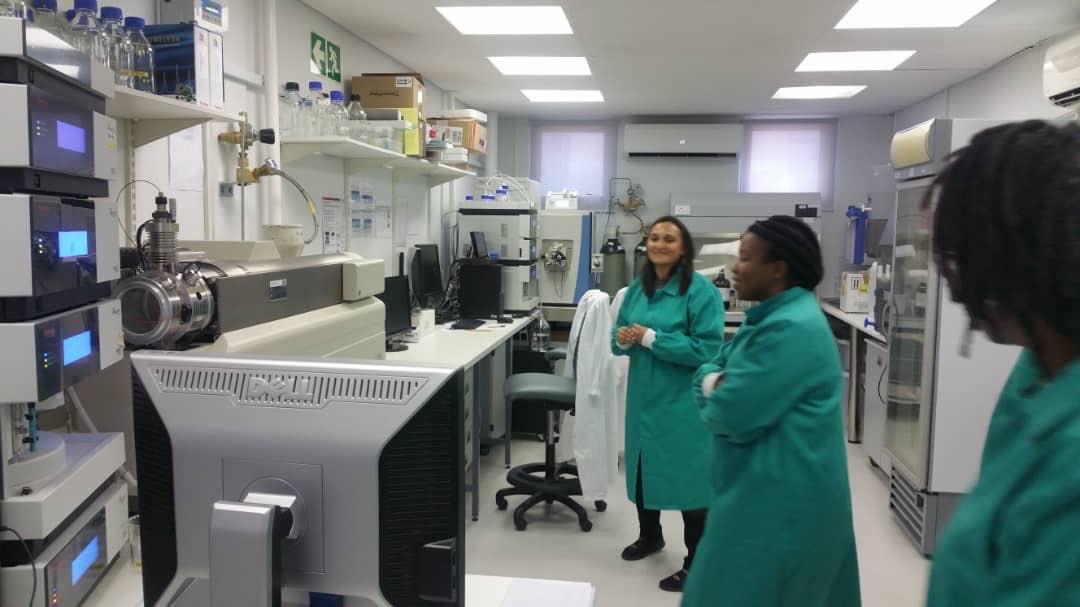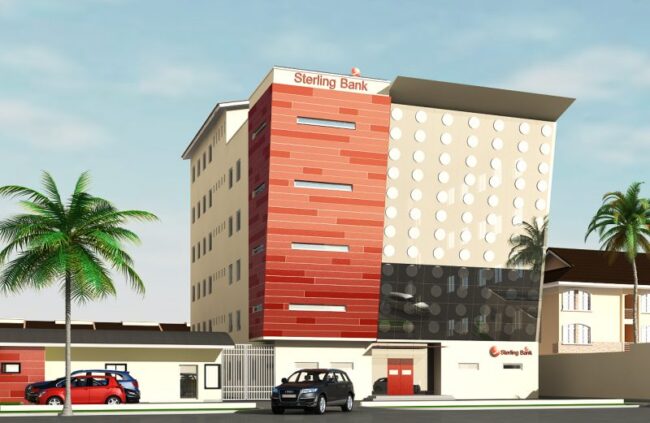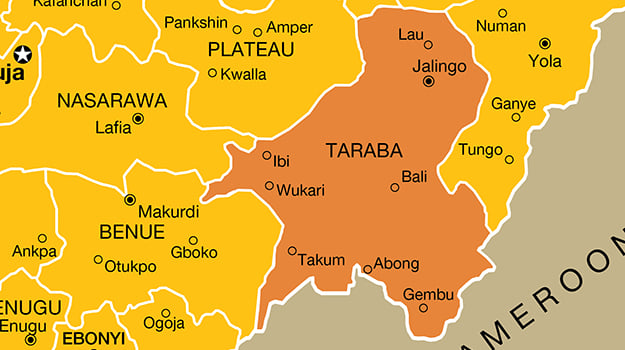The African Development Bank (AfDB) says it has resolved to discontinue investments in coal energy projects.
The bank said this on Wednesday at a press conference ahead of its 2022 annual meetings scheduled to hold in Ghana.
Kevin Karuiki, vice-president for power, energy, climate and green growth, AfDB, said the bank had resolved not to touch coal investments.
“Let’s agree on what the bank can do and what it cannot do because fossil fuel is all-encompassing. It includes coal and gas. Last year, the board, approved that we will no longer invest in new coal investments. So, we will not touch any coal investments,” he said.
Advertisement
“However, when it comes to gas, we understand that Africa needs to address its energy poverty, and in order to address its energy poverty, we need to look at all non-coal and non-nuclear sources of energy, including gas.
“Therefore, from where we stand, as long as a gas project has been included in a country as part of what is called nationally determined contribution (NDC), in order words, emissions from that particular power plant have already been incorporated as part of the country’s nationally determined contribution plan, then the bank will invest in those gas power plants.”
Karuiki stressed that the bank remains committed to financing gas projects that are part of the NDC.
Advertisement
Speaking on the issue, Kevin Urama, acting chief economist and vice-president for governance and knowledge management, AfDB, said the whole concept of energy transition is looking for the energy mix that meets countries’ needs, while achieving the sustainability goals of the world, including the net-zero transitions.
He said the NDC stipulates what a country can do or not, noting that the bank is working with countries in elaborating their transition plans in the short and long term.
But fossil fuels are not economically viable, he argued.
“From the economic perspective, the competitive environment in the global market will continue to discredit investments in fossil fuels because we’ve seen that fossil fuels have significant externality cost, the addition of cost to both society and environment, and because of that, the technologies are moving towards greener energy options and continued investment in fossil fuels energy options will face steep technology competition and also steep market competitions in the sense that the demand for that product will dwindle going forward,” he explained.
Advertisement
“So, countries will be advised in terms of product diversification, oil and gas, does not only produce energy, we have other products along the value chain that that product can be used for.
So, it depends on the national energy plans of countries in terms of how they try to take opportunity while avoiding the same costs of stranded assets that could occur going forward with heavier investments in energy options.”
Meanwhile, Vincent Nmehielle, secretary-general of the AfDB Group, noted that even though the bank would not fund coal projects, it is not preventing countries from adopting coal in their energy mix.
According to him, if a country decides to do coal and has the ability to secure funding, it does not mean that that country cannot do coal.
Advertisement
“But of course, the contradiction will be that, that country desiring to do coal, how does that comply with its commitment to the Paris Agreement?” he asked.
“If the country can make money to do coal and not necessarily go to the AfDB or the World Bank or any other financial institution for access to funding from, that’s fine for the country. But that is within the country’s larger international obligations.”
Advertisement
Add a comment







